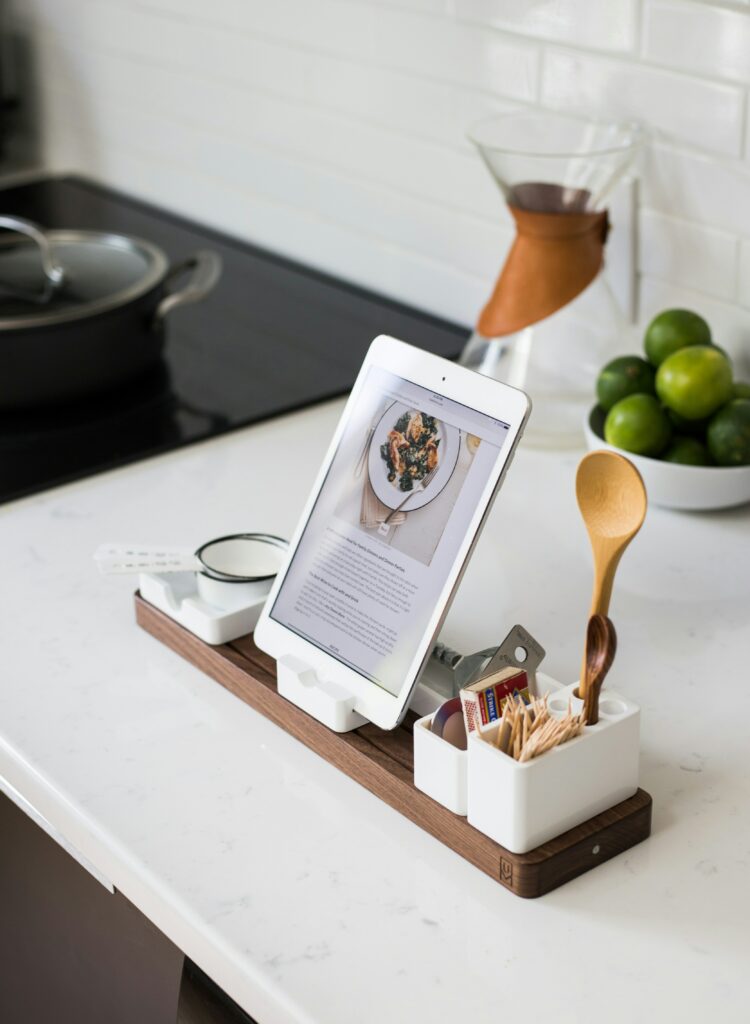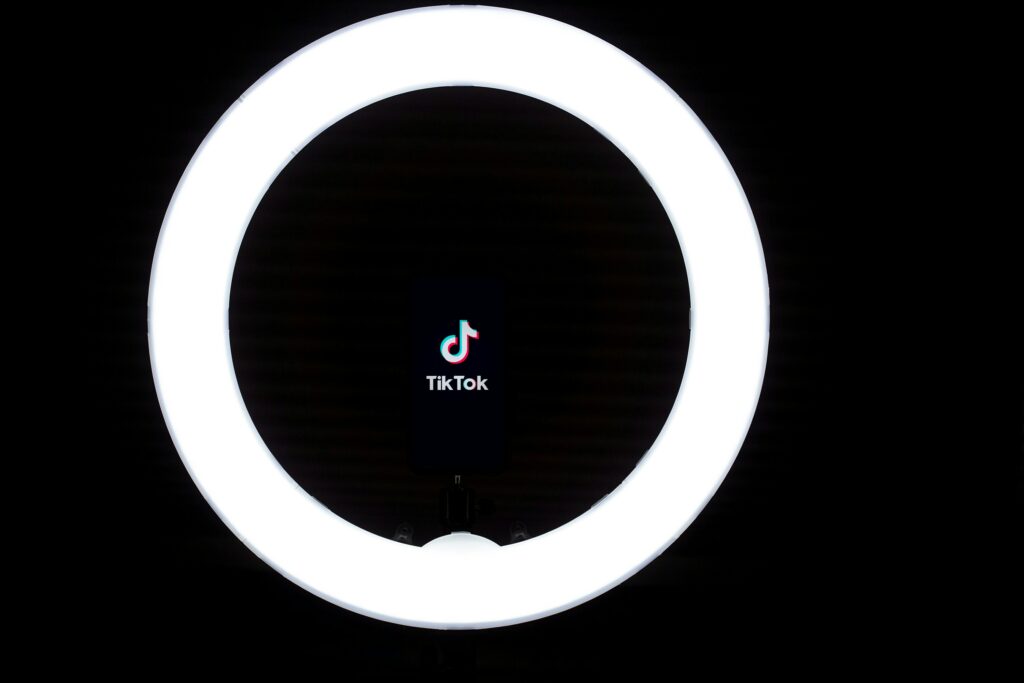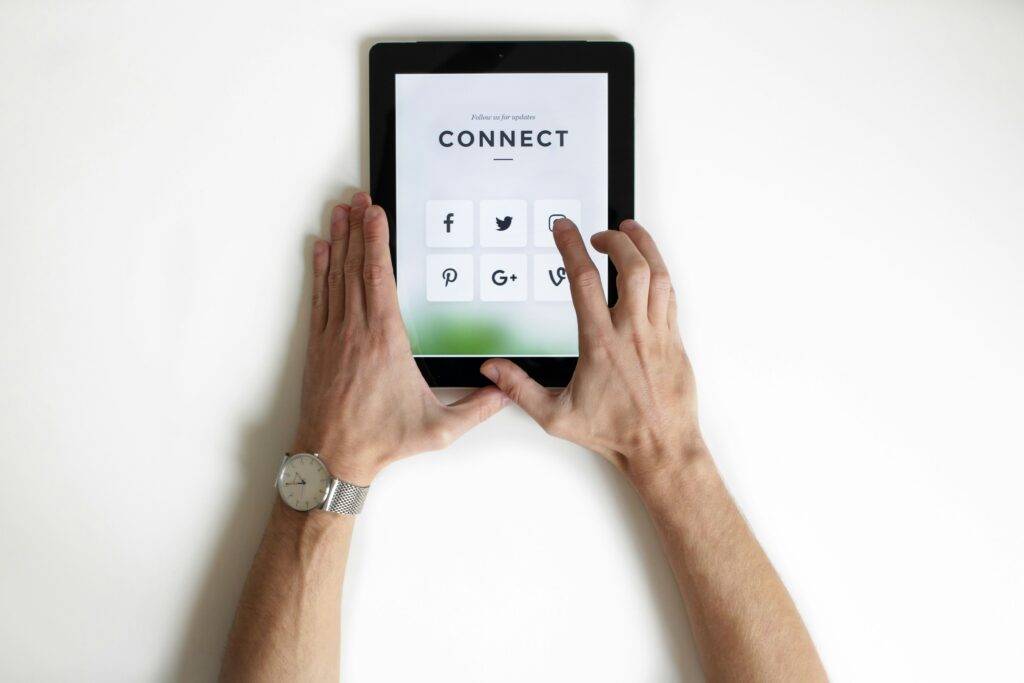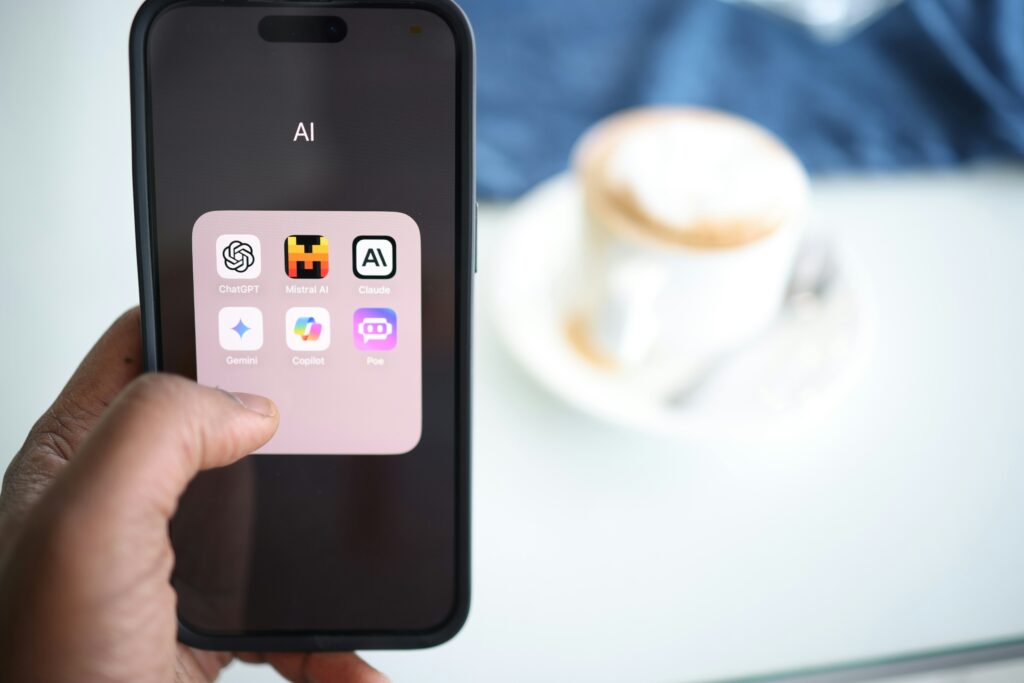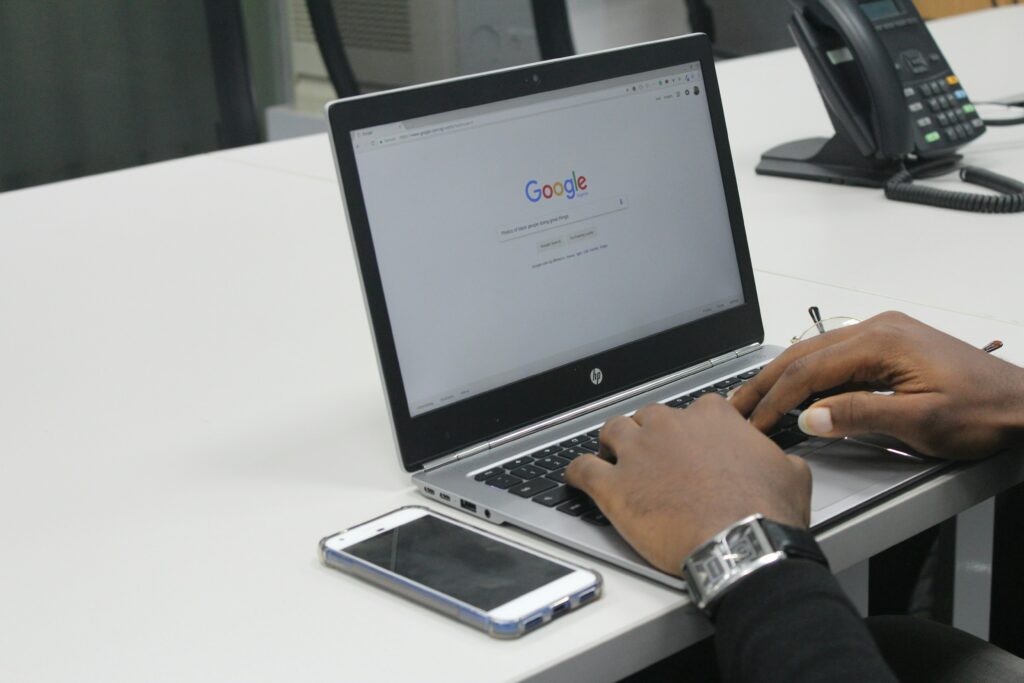
When it comes to engaging with PLNs for growth and learning, I tend to use several different platforms depending on what type of content I am searching for. I find TikTok to be the most engaging platform, as it often offers very specific results in a digestible way with a quick and easy search. For example, if I wanted to find a new video game to play, I could look up my preferred gaming genre and have a video auto-play, giving me games with the creators personal opinions, as well as audience opinions in the comments. From there, if I wanted to look into a particular game mentioned, TikTok offers ‘blue links’ on widely searched comments, making the video game titles mentioned easy to research on the app. One could argue that YouTube offers a similar experience, but I find TikTok to require less effort from the user, as well as offering more current information since uploads are easier for creators as well.
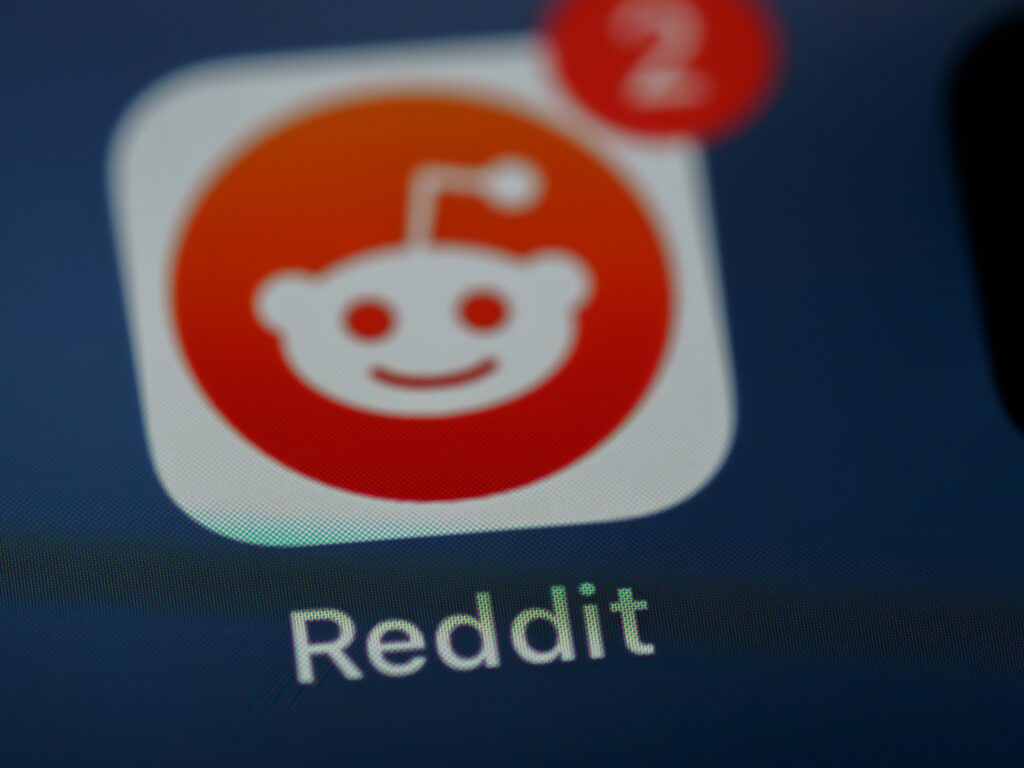
For learning that is more guided towards specific questions or community issues, I tend to gravitate towards Reddit, as I enjoy having honest answers from different perspectives. Many times I will search a particular question about a glitch in a video game or an electronic that needs trouble shooting, and Reddit will have a post from someone with the exact same problem with multiple informative answers. I also find that when I get answers from Reddit, it is written in a way that is easy to understand with supporting links to their findings. However, I personally do not post on Reddit as I don’t find the layout to be intuitive.

I engage with more content on TikTok and Instagram. I find the repost ability to be very helpful to spread information, as well as the direct message feature, allowing posts to be shared easily. I also enjoy engaging with others in the artistic field, boosting their works or showing support in the comments. I find community is very important in the art world, and social media is an effortless way to connect. Particularly with these two platforms, the content pushed to you is what you enjoy seeing, so engaging with more media in my field will connect me with more likeminded people.
In the future, I’d like to engage with others in my field more and work towards creating a professional website to have linked in my PLNs. By creating a strong personal platform that shows my interests, integrating a professional platform will be less of a leap.


